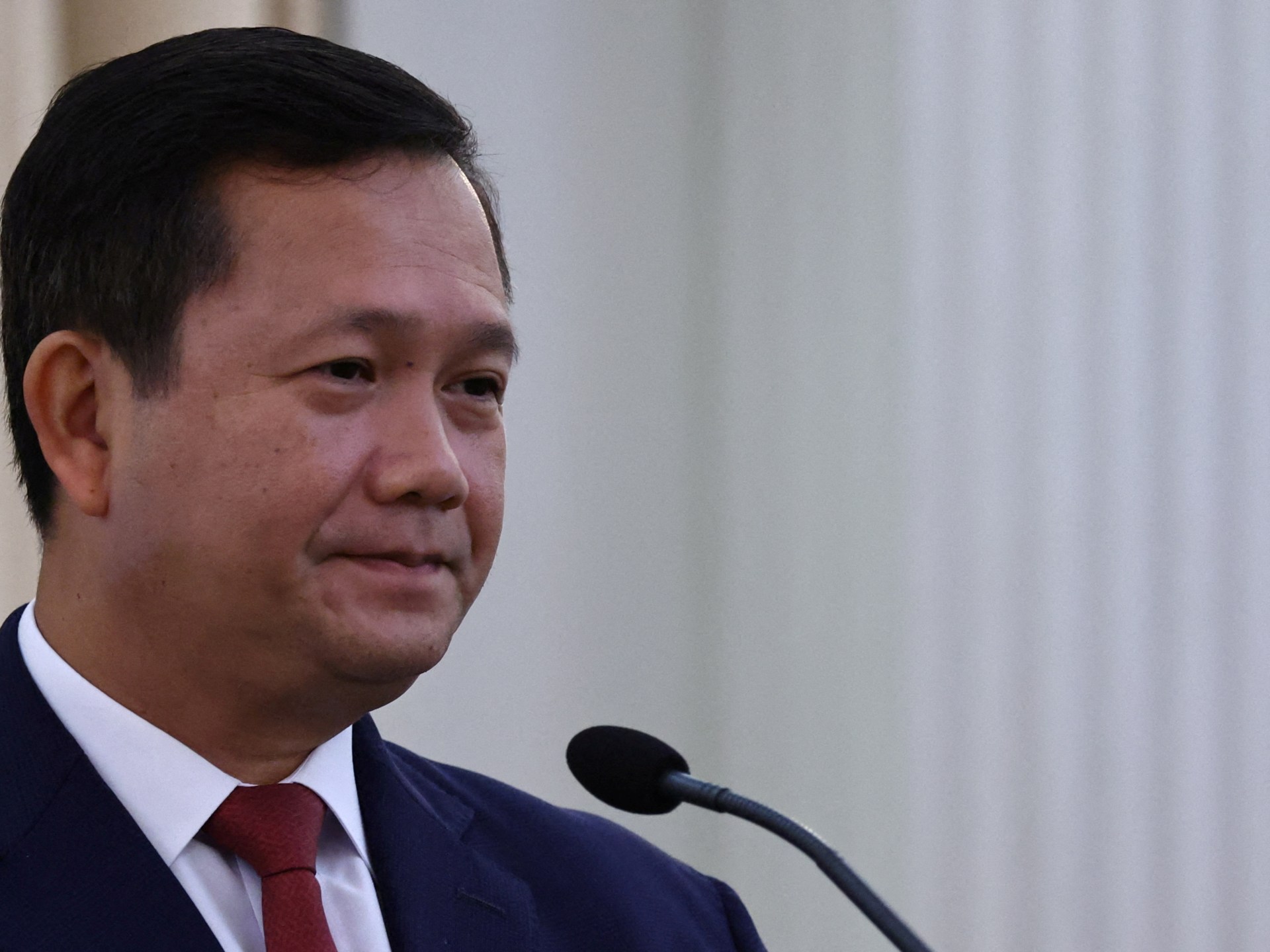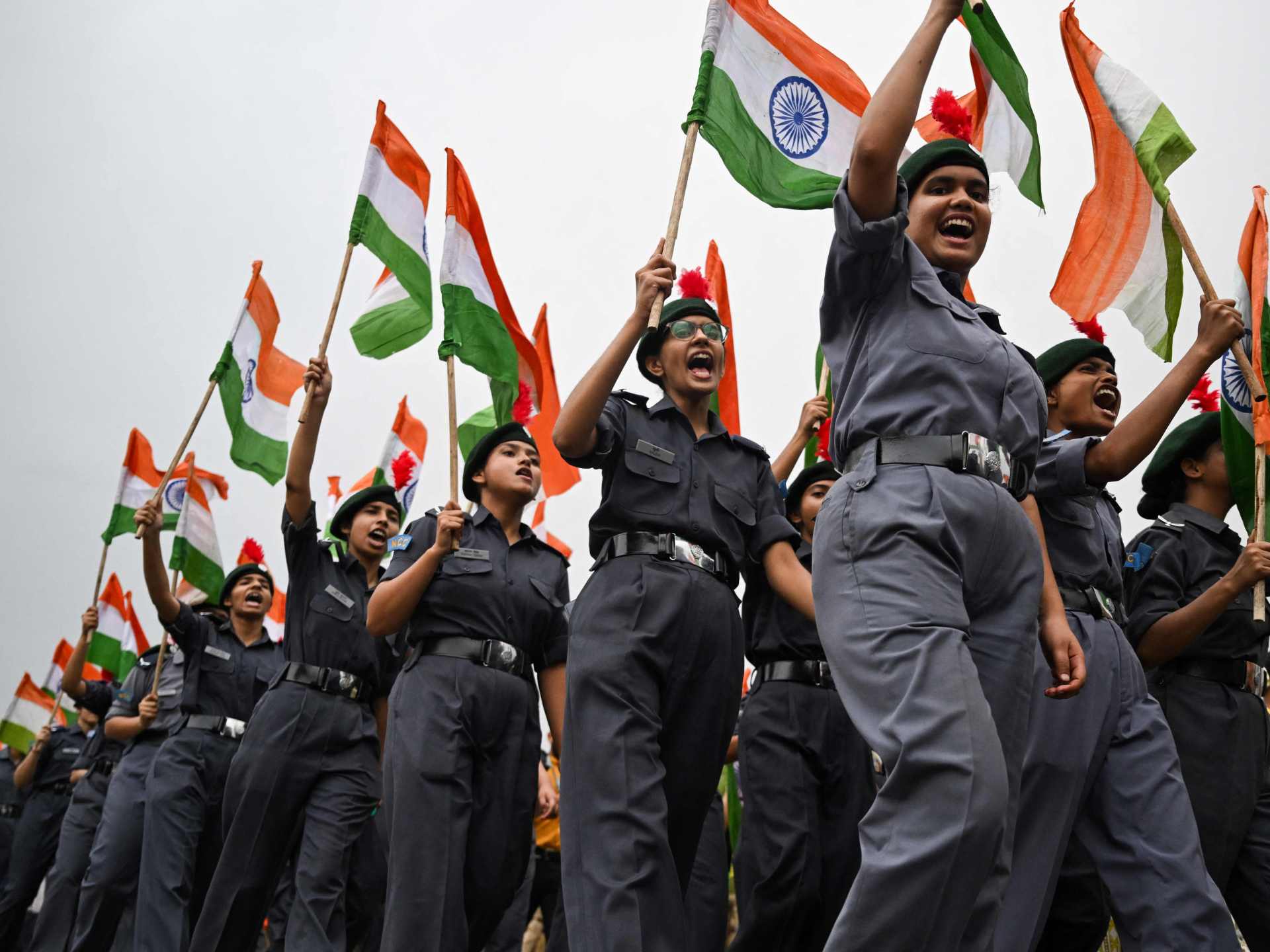Cambodia halts fuel and gas imports from Thailand as crisis simmers | Border Disputes News
Cambodia’s PM Hun Manet announced that the decision would take effect from midnight on Sunday.
Cambodia has announced it will stop all fuel imports from its neighbour Thailand as relations have plunged to their lowest ebb in more than a decade after a Cambodian soldier was killed last month in a disputed area of the border.
Prime Minister Hun Manet announced the decision on Sunday, posting on social media that it would take effect from midnight.
Manet said energy companies would be able to “import sufficiently from other sources to meet domestic fuel and gas demands” in the country.
Separately, on Sunday, Cambodia’s Foreign Ministry urged its citizens not to travel to Thailand unnecessarily. Concurrently, Thailand’s consular affairs department warned Thais in Cambodia to avoid “protest areas”.
The ongoing escalation between the two countries began last month after a brief exchange of gunfire in the disputed border area killed a Cambodian soldier.
For more than a century, Cambodia and Thailand have contested sovereignty at various un-demarcated points along their 817km (508-mile) land border, which was first mapped by France when it colonised Cambodia in 1907.
But following the soldier’s death, the two countries have taken several measures to secure their borders, with both announcing closures of border checkpoints and crossings.
Leaked phone call
The border dispute created wider political turmoil after a leaked phone call on Wednesday between Thailand’s Prime Minister Paetongtarn Shinawatra and the former Cambodian leader, Hun Sen, who remains a powerful influence in his nation.
During the call, the Thai premier told Hun Sen that she was under domestic pressure and urged him not to listen to “the opposite side”, including a prominent Thai military commander at the border.
Soon after the leak, a major coalition partner, the Bhumjaithai Party, quit the ruling alliance, overshadowing Paetongtarn’s premiership.
But on Sunday, the Thai leader said all coalition partners have pledged support for her government, which she said would seek to maintain political stability to address threats to national security.
Following a meeting with her coalition partners, she said, “The country must move forward. Thailand must unite and push policies to solve problems for the people.”
A rally has, nevertheless, been called for June 28 to demand that Paetongtarn, the daughter of influential former Prime Minister Thaksin Shinawatra, resign.

